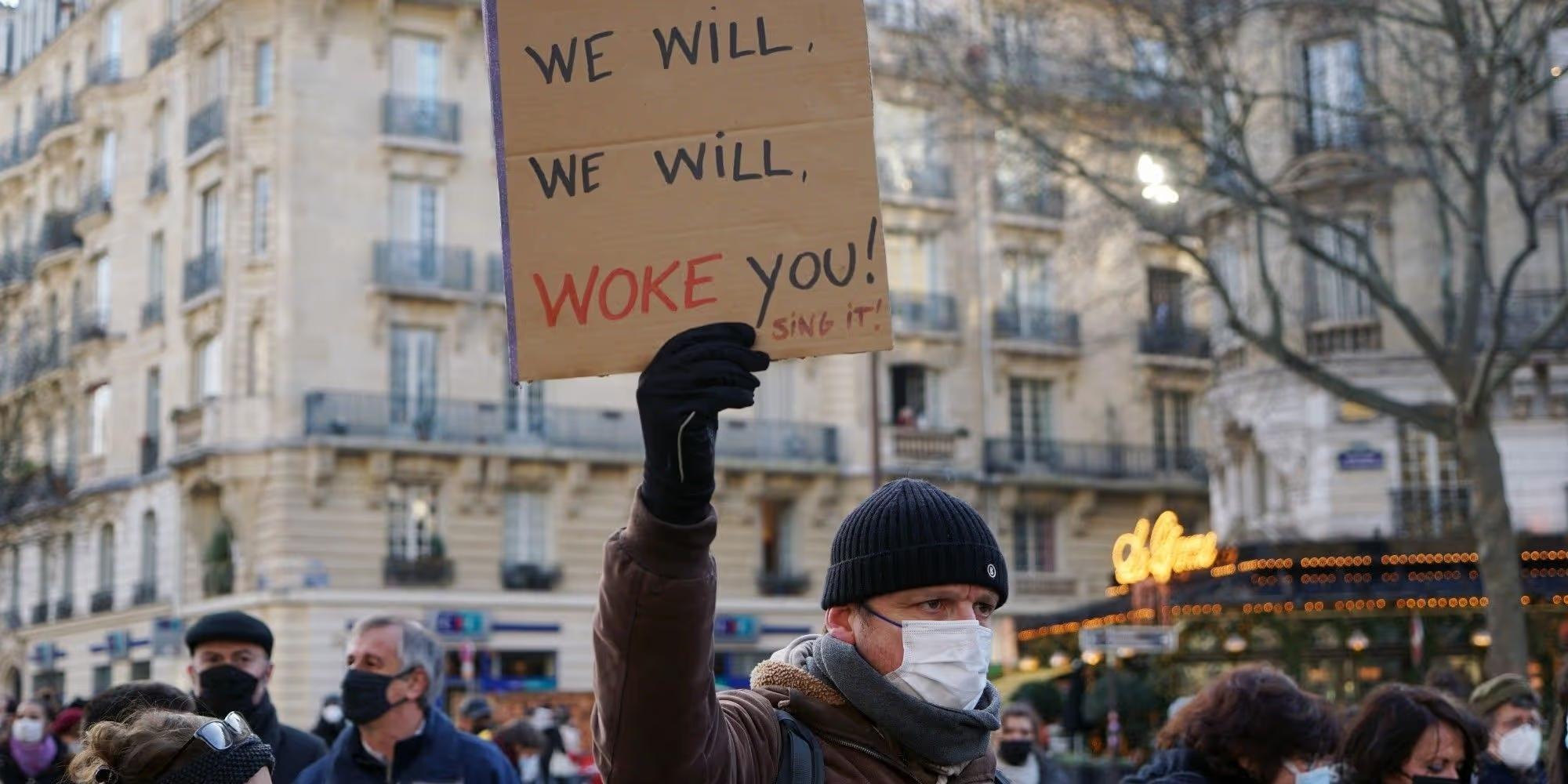“Real and lasting liberation involves significant changes in power relationships within society, not just a change in people. Liberation should mean that those members of the population who were dominated and weakened gain greater control over their lives and a better ability to influence events.”
“The extremely widespread practice of nonviolent struggle is possible because the functioning of this technique is compatible with the nature of political power and the vulnerabilities of all hierarchical systems. These systems, and all governments, depend on docile populations, groups, and institutions that provide them with the sources they need for power. It is therefore necessary, before continuing to study the technique of nonviolent struggle, to further explore the nature of the power of dominant institutions and all governments. This analysis shows how nonviolent struggle can be effective against repressive and ruthless regimes. They are vulnerable.”
— Gene Sharp
We have reproduced below an excerpt from the book Nonviolent struggle: practices for the 21st century (2005) by political scientist Gene Sharp. Sometimes referred to as the “Machiavelli of nonviolence” or the “Clausewitz of nonviolent war” for his extensive work on strategies for nonviolent struggle against dictatorships and oppressive powers, Sharp founded the Albert Einstein Institution, a non-profit organization that studies and promotes methods of nonviolent resistance in conflicts. To build effective movements, the author insists on the necessary preparatory and organizational work, as well as on the imperative need to incorporate strategic thinking into resistance.
To support his point, Gene Sharp analyzes twenty nonviolent struggles that spanned the 20th century, from the Russian Revolution of 1905 to Tiananmen Square, including the Prague Spring and the Freedom Riders of the American civil rights movement. In the first part of the book, he recalls the unstable nature of political power and criticizes the simplistic but widespread idea that state power is based on the sole monopoly of violence (a questionable criticism, since power is based primarily on material domination). It then provides a list of the various “sources of power.”
Gene Sharp's analysis is interesting, but we think that he is wrong in ranking “material resources” only fifth among the sources of power. The power of a modern state is based primarily on material domination of at least two types: physical violence imposed by weapons and the widespread dispossession of material conditions of existence.
Political power as a variable
It is erroneously assumed that power comes primarily from the ability to use violence, and that the power of leaders is monolithic and relatively permanent. Power relationships are not fixed and unchangeable. In fact, the power capacities of the State and other institutions of society are variable and depend on the interaction between:
- the different levels of power exercised by the various groups in society;
- the level at which these various groups mobilized their potential for power into effective power;
- the level at which the social, economic and political institutions of the State and other powerful institutions are flexible and responsive to the will of various sectors of the population.
The distribution of power in a society is real, but it is not permanent and does not persist under all conditions. This distribution can change, sometimes abruptly and dramatically.
A big change in the distribution of power occurs when the sources of power that leaders have are weakened or removed, radically reducing their real power. Power relationships also change when previously weak groups mobilize their unused power potential into effective power.
Subordinate and oppressed groups will inevitably remain in the same positions of power, if the sources of power of the dominant groups are not limited or cut off, and/or if the sources of power of the weak groups are not mobilized and strengthened. This remains true even if other specific changes occur in society or do not occur among leaders.
We will better understand how power relationships can be fundamentally changed if we understand the nature of political power. Contrary to the monolithic idea that political power is unchangeable and enduring, and can only be weakened by great destructive violence, the following perception is more accurate. It also helps to understand how one can exercise effective control over leaders who are, or could become, oppressors.
The social interpretation of power
The social interpretation of power considers that, despite appearances, leaders or command systems depend on the goodwill, decisions and support of the population. Power as such comes from many sectors of society all the time. Political power is therefore fragile. The strength and existence of power depend on the supply of its sources through the cooperation of numerous institutions and people—cooperation that can always be stopped.
To control the power of leaders, it is first necessary to identify the sources of power provided to them by groups and institutions in society. The population will then be able, if necessary, to restrict or cut off food from these sources.
Sources of political power
People who find themselves in power do not personally have the power to control, administer, and suppress that they exercise. The amount of power they have depends on the amount of power that society gives them. Six of these sources of political power are distinguished:
1. The authority : it can also be called legitimacy. A characteristic that makes the judgments, decisions, advice and orders of certain individuals and institutions accepted as fair and are therefore carried out by others, who obey or cooperate. Authority is accepted voluntarily by the population, so it is present without the imposition of sanctions (or punishments). Those in authority don't need to be really superior. It is enough for the individual or their group to be perceived and accepted as superior. Authority is clearly one of the main sources of political power, but it is not power.
2. Human resources : The power of leaders is affected by the number of people and groups who obey them, cooperate with them, or help them to fulfill their wishes. It includes the proportion of these individuals or groups in the general population, and the extent, forms, and independence of their organizations.
3. Skills and knowledge : The power of leaders is affected by the skills, knowledge and abilities provided by individuals and groups in society as well as by the link between these skills, knowledge and abilities and the need for them by leaders.
4. Intangible factors : psychological and ideological factors contribute to the power of leaders, such as habits and attitudes of obedience and submission, the presence or absence of a common religion or ideology, or a sense of duty.
5. Material resources : goods, natural resources, financial resources, the economic system, the means of communication and transport. The degree of control that the manager exercises, or does not exercise, over these resources helps determine the extent or limits of his power.
6. The sanctions : they have been described as a “compulsion to obedience.” The type and extent of sanctions or punishments that leaders have, against their own subjects or in conflicts with other leaders, is a major source of power. Leaders use sanctions to reinforce voluntary acceptance of their authority and obedience to their orders. Sanctions can be violent or nonviolent. They may be aimed at punishing or deterring disobedience in the future. Violent domestic sanctions, such as imprisonment or executions, are generally used to punish or prevent acts of disobedience and not to achieve the objective of a prior order. Military sanctions can be used to defend against or deter foreign enemies or to combat strong domestic opposition.
Whether or not one of these six sources of power is available to leaders is always a matter of level. It is rare for leaders to control all or none of them. Power relationships similar to those of political societies with state structures are also found in other hierarchical institutions, which also derive their power from the cooperation of numerous individuals and groups. As a result, various forms of dissent, non-cooperation, and disobedience can play an important role when members of these institutions voice demands against those who run or control these institutions.
Gene Sharp







